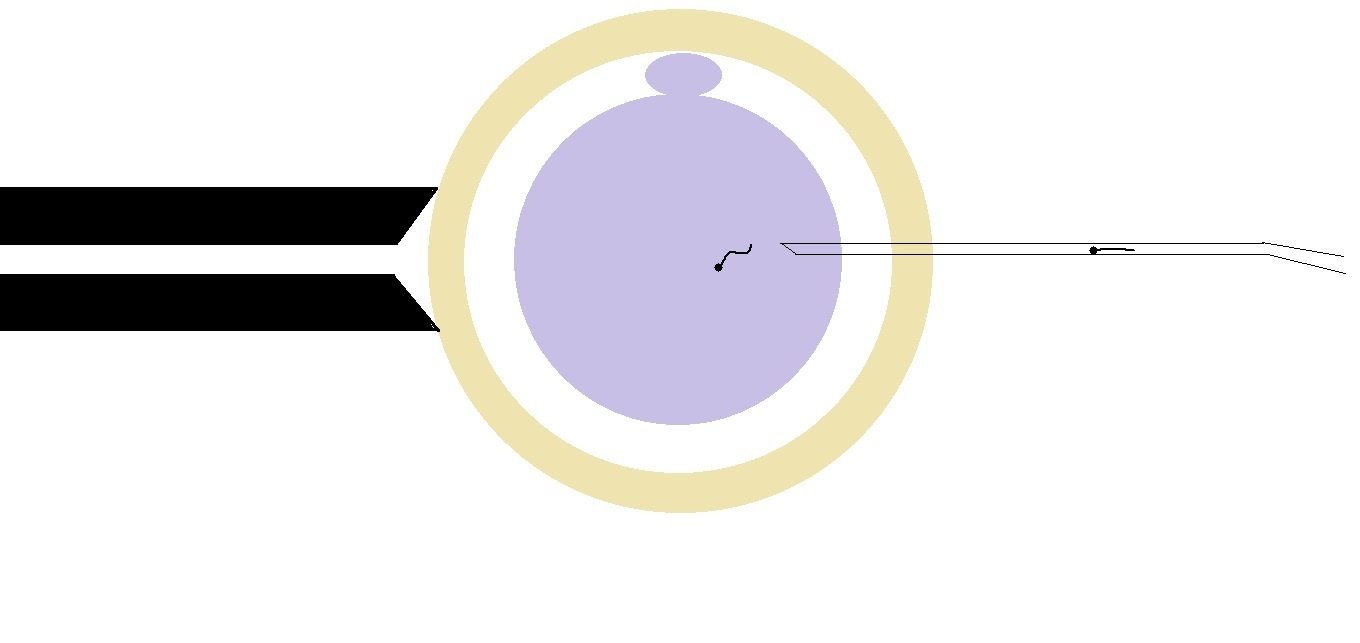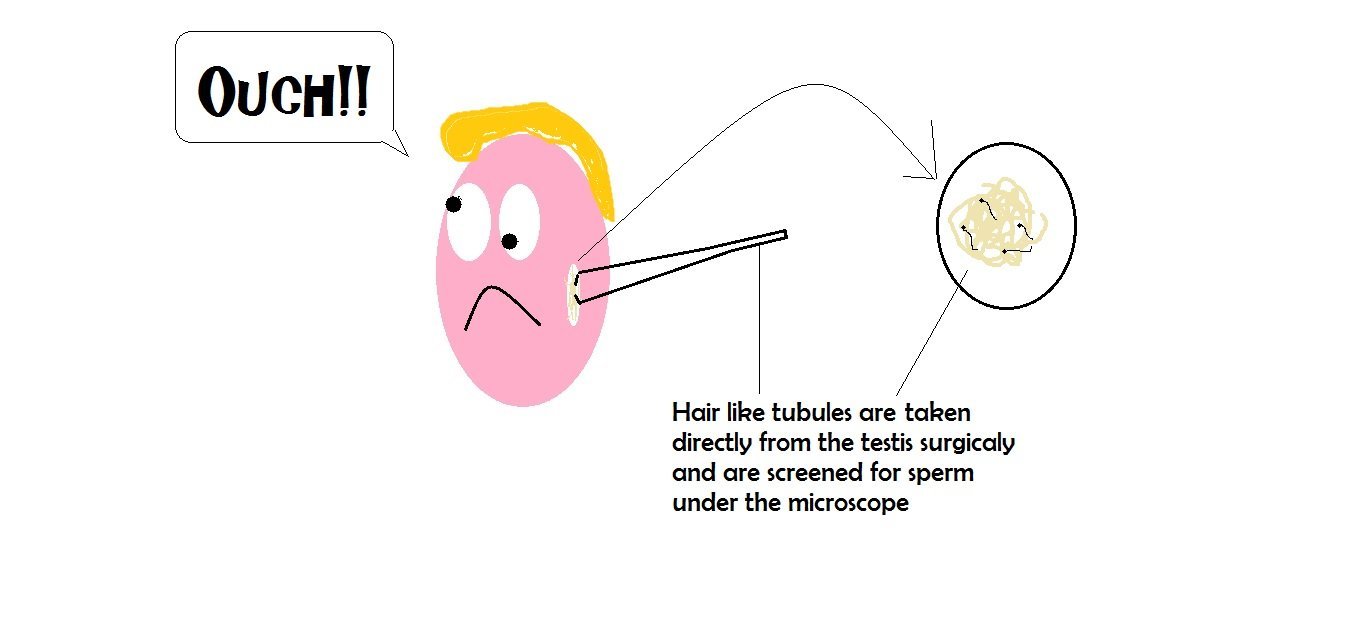Male fertility issues are rampantly rising around the globe. The WHO recently declared infertility as a public health problem.
Hello and welcome!
This is Dr. Shah, consultant Andrologist at Dr. Shahs Clinic for Male Infertility & Sexual Health and in today’s post, I am gonna share with you 15 points on infertility in men…
first of all, I want you to quickly read the content in the image below…

Infertility in men is not an easy issue to tackle.
Men diagnosed with male fertility issues frequently breakdown emotionally and feel sense of worthlessness and/or failure..
Thus from a medical viewpoint it becomes imperative that these issues are handled delicately and the medical practitioner should empathize with the patient.
Now keeping this in mind, lets look at a few common questions that I keep getting asked in my clinic time and again.
MALE FERTILITY FAQ’s
A. What are the causes of infertility in men?
Surprisingly, a large number of diseases can consequently lead to Infertility in men. A few of them are as follows
1. A problem affecting brain structures like the pituitary or hypothalamus
2. Genetic problems like Klinefelter’s syndrome/chromosomal anomalies
3. Y-chromosome Micro-deletion
4. Idiopathic infertility (cause is unknown). In 30% of men we really do not know, why infertility occurs!
5. Trauma to the Testis can also damage and affect the sperm output
6. An infection that affects the testis and its ducts that transport sperm. This can block sperm transport
7. Testicular tumors can effectively destroy the testis and hence sperm production
8. A testis that has not descended into the scrotum
9. Chemotherapy/radiation for other cancers
10. The use of Certain drugs
11. Sexual problems like erectile dysfunction/pain during sex/no ejaculation
12. Other severe systemic diseases
B. Are their any Male infertility Symptoms?
Unfortunately, most of the time their are absolutely no symptoms of infertility in men…
First of all, male fertility problems are usually the suspect only when no pregnancy has happened spontaneously for the female partner even after one year of regular unprotected sexual intercourse….
….but, some male fertility issues could be a suspect when a man sometimes has difficulty in achieving and/or maintaining erections.
Since if a man has a difficulty in performing sexual intercourse, this is suggestive of a male hormonal deficiency,
…although one must rule out other associated psychological causes of the sexual problem.
Hence, it would be wise to get a thorough physical examination and also get a hormonal evaluation with a medical professional at the earliest.
A semen analysis is a must and is also probably the first line investigation for male fertility assessment.
C. Are their physical symptoms of low sperm count or are their any signs of low sperm count?
This is probably the most commonest question I get!. Unfortunately their are absolutely no physical symptoms a man would feel if he has a low sperm count.
Men usually have a normal sexual life and are also most of the time completely unaware that they producing semen with low sperm counts.
Most men are caught by surprise only on the day when a male fertility assessment is done.
Interestingly, many men who presented to our clinic in the last couple of years have been diagnosed with AZOOSPERMIA (which means no sperm in the ejaculate). Some men with male infertility will also have extremely low sperm motility and a combination of very low sperm count
These men while sadly infertile, seem to have a normal sexual life…. at-least till the time they were diagnosed with this dreaded condition!.
A diagnosis of male infertility in itself sometimes can severely affect a mans sexual life
D. Is their a Male fertility test or a Male infertility test?
Male fertility is best assessed with a simple semen analysis that can be done at any well certified laboratory that have trained personnel for performing the test.
The semen sample is usually collected by masturbation into a sterile on toxic wide-mouthed container provided by the laboratory using a DRY HAND.
The collection is preferably done in a private room within the laboratory premises.
Exercise caution and stay away from ill-equipped laboratories that are not designed to do Semen Analysis!. Since over 70% of the time you could an erroneous report.
A misdiagnosis is very common in this specialty.

As semen analysis is a complex test that requires some degree of training and orientation.
Sadly their is an absolute paucity of trained places in our country where you could get an accurate report. Feel free to drop me an mail and I will be happy to help you through.
E. Male fertility test cost?. Is it expensive?. Are their other male fertility tests?
A simple semen analysis can range from anywhere between Rs 200/- to Rs 1200/-. The cost usually widely varies from place to place. Other tests for male fertility assessment are listed below.
HINT: Never go for an automated semen analysis estimation
A. A Hormonal Workup is done usually as routinely for patients, but preferably if patients are suspected to have a hormonal deficiency
B. Ultrasound scan of the testis may be able to give an accurate estimation of testis size. Interestingly, a certain degree of correlation is seen between testis size and sperm output
C. Karyotyping as a test is recommended only in select groups of patients were a genetic problem is suspect, in addition to Y-chromosome micro-deletion mentioned below
D. Y-chromosome micro-deletion assessment, in addition, is preferably done for all patients who present with a sperm count of of less than 5 million/ml. The normal sperm count for male fertility as per the WHO is 15 million/ml of semen
E. Finally, patients can undergo a semen culture if and when the doctor suspects a urinary tract infection or if the semen shows many round cells.
F. How common is it for a man to be infertile?
Male infertility affects 50% of married couples on a global average.
That is a shocking figure indeed. If we estimate 1 in 6 married couples finding difficulty in achieving a pregnancy, then the number of infertile men contributing to the cause is rather very very high!
Let me give you a ballpark estimate
Say you have 100 couples trying for a pregnancy and have not yet achieved it. Then in that case..
A. In 30 to 40 of 100 couples the problem would lie in the female partner
B. In 30 to 40 of 100 couples the problem would lie in the male partner
C. In 20 – 30 their would be a problem both in the male and female partner
Thus it is very common for a man to be diagnosed with some form of infertility when a pregnancy does not occur within a year or two of marriage.
Furthermore, at least 10 to 15% of all men presenting to an infertility clinic would definitely have no sperm in their ejaculate a condition called AZOOSPERMIA.
G. Can male infertility be treated?
Of course it can!. Read on….
Medical management of male infertility:
Hormonal deficiencies caused by central problems affecting brain structures can be corrected by giving hormonal supplementation with FSH, hCG or HMG injections
Antioxidants/Dietary modification/lifestyle changes can be tried for men with male infertility were a specific cause is not identifiable
Intra-uterine insemination (IUI) of sperm can be done to overcome mild male factor infertility.
Surgical management of Male Fertility Issues
Surgically retrieval of sperm from the testis (TESE) can be done in cases were men present with semen report showing no sperm in the ejaculate.
These men are diagnosed as AZOOSPERMIC
Other surgical procedures done for male fertility restoration includes reversal of vasectomy. The success rate of this procedure though is poor
Assisted Reproductive Technology in the management of Male fertility issues:
This includes complex procedures like IVF (In-vitro fertilization) and/or ICSI (Intracytoplasmic sperm injection)
Their is a crucial difference between these two procedures though, just look at the image below
In an IVF procedure approximately 100,000 sperms are kept close to the egg. The sperm has to do the Herculean task of swimming to the egg, attaching to the egg, penetrating the egg and ultimately fertilizing it.

BUT…..
In an ICSI (intra-cytoplasmic sperm injection) procedure one sperm is directly injected in to the egg by thereby bypassing all natural sperm selection methods.
Thus, ICSI is a more invasive treatment for male infertility. The sperm only has to fertilize the egg after the procedure.

I hope you found this article interesting to read. If you are suffering from fertility problems, get in touch with male infertility treatment center in chennai with us below
Dr. Shahs Clinic for Male Infertility & Sexual health
No 21, Bazullah Road, T-Nagar, Chennai – 600017
Ph No: 919790783856
References:

